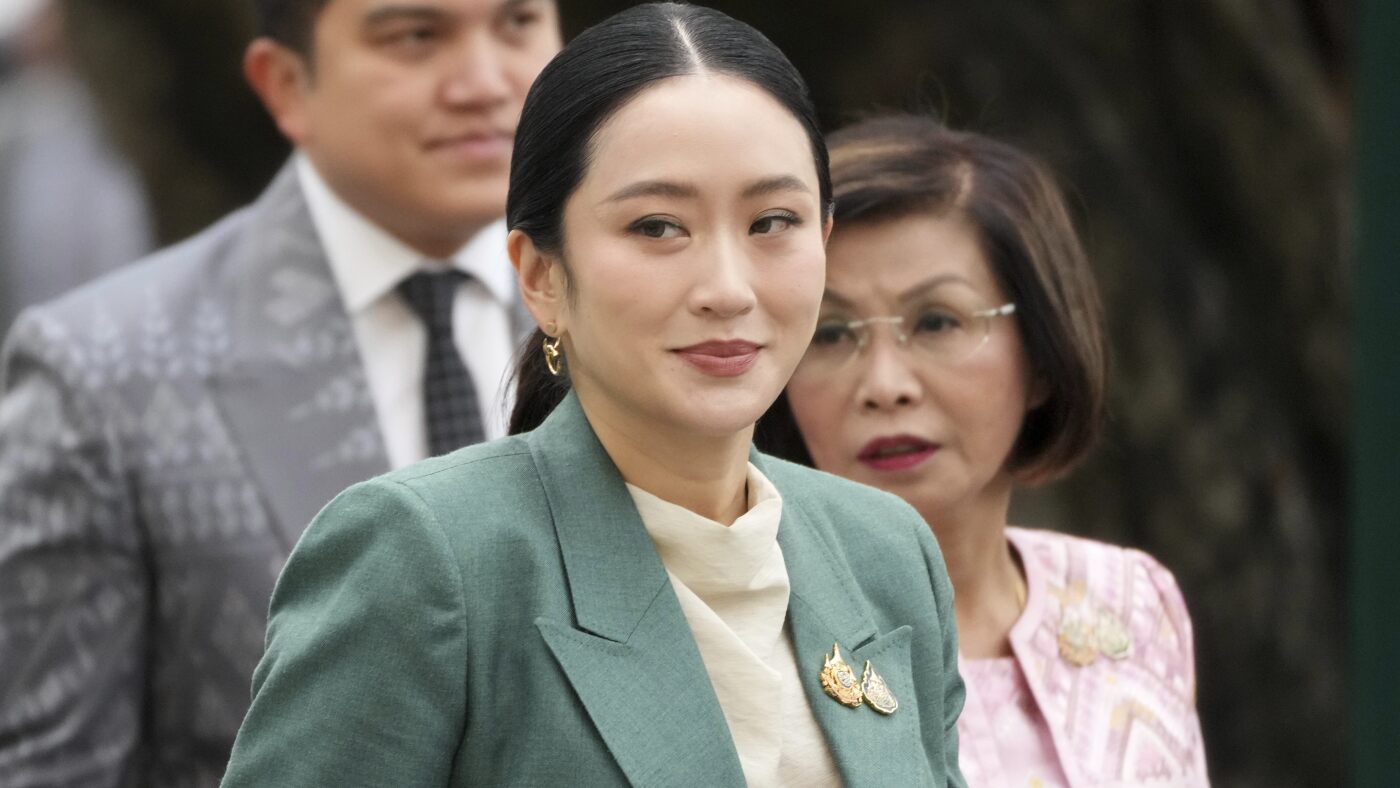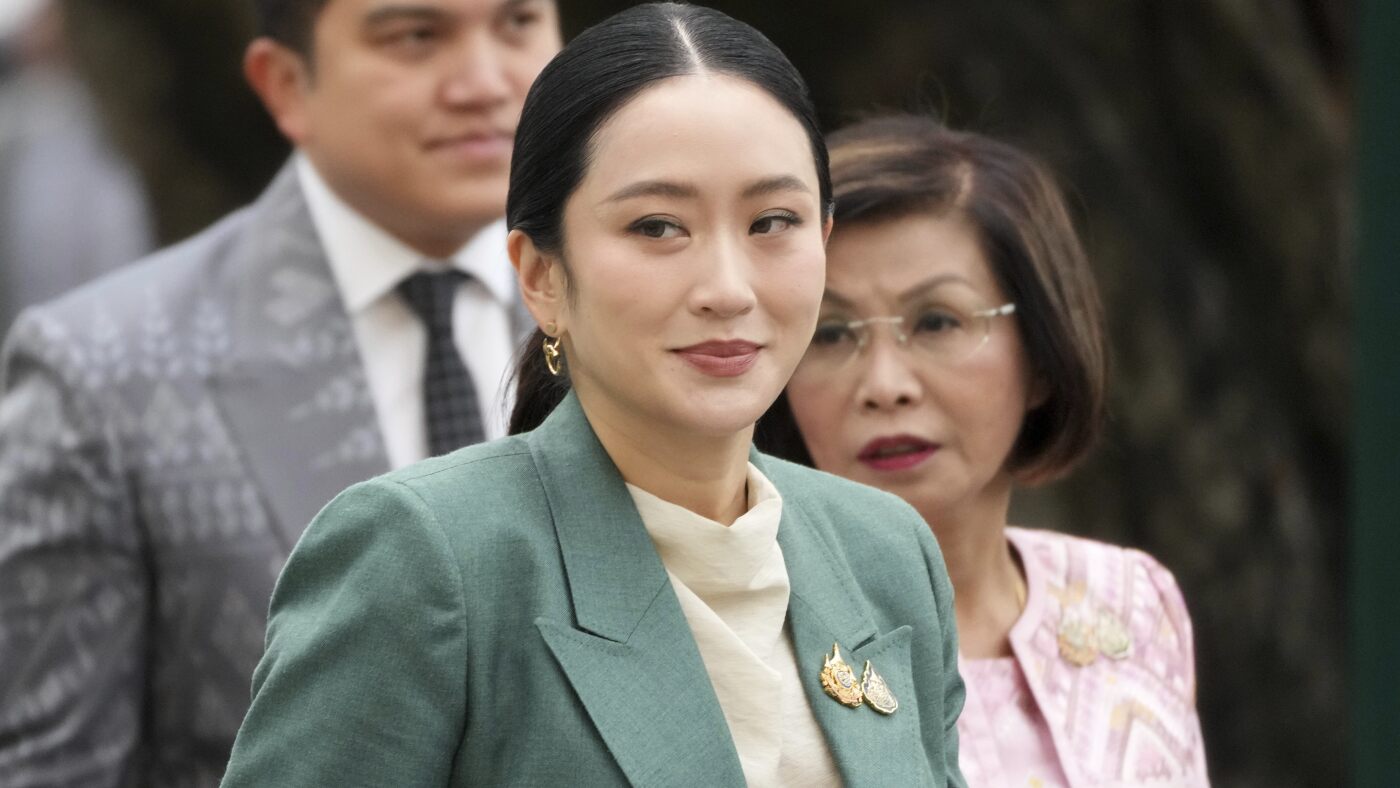The recent suspension of Thailand’s Prime Minister Paetongtarn Shinawatra by the Constitutional Court has thrust the nation into a period of political uncertainty and intense scrutiny. The decision, stemming from allegations tied to a leaked phone call with Cambodia’s former leader Hun Sen, has ignited debates about ethics, governance, and the judiciary’s role in Thai politics. This development is not merely a legal matter but a reflection of deeper political and societal tensions that have long defined Thailand’s turbulent political landscape.
The Core of the Controversy
At the heart of the controversy is a leaked audio recording of Prime Minister Paetongtarn Shinawatra’s conversation with Hun Sen. The content of the call, which remains partially obscured, has fueled accusations of improper conduct and potential breaches of constitutional ethics. The allegations suggest that the Prime Minister may have engaged in discussions that compromise national interests or violate protocols governing diplomatic communications.
The timing of the leak is particularly significant, as it coincides with a period of heightened political sensitivity in Thailand. The Shinawatra family, a dominant force in Thai politics for decades, has faced repeated legal and political challenges. The current controversy adds to a long list of disputes that have tested the family’s influence and the stability of the government they lead.
The Constitutional Court’s Role and Decision
The Constitutional Court’s decision to suspend Paetongtarn Shinawatra is a precautionary measure while it investigates the allegations. This move is not unprecedented; the Court has historically played a pivotal role in Thai politics, often intervening in disputes that have far-reaching implications for governance. In 2014, for example, the Court dissolved the government of then-Prime Minister Yingluck Shinawatra, citing abuse of power. Similarly, in 2020, it suspended General Prayut Chan-o-cha, the former military leader and prime minister, amid legal challenges.
The Court’s current deliberations could lead to one of several outcomes: reinstatement, permanent dismissal, or an extended suspension. Each scenario carries distinct implications for Thailand’s political future. A reinstatement would signal a victory for the Shinawatra faction and reinforce the government’s legitimacy. Conversely, a dismissal could trigger a political reshuffle, potentially leading to new elections or a shift in power dynamics. An extended suspension, meanwhile, would prolong uncertainty and exacerbate political instability.
Political and Social Repercussions
The suspension has already sparked widespread protests and public demonstrations. Thousands of protesters have taken to the streets of Bangkok, demanding Paetongtarn’s resignation and accusing her of undermining national sovereignty. The protests reflect broader societal divisions, with critics arguing that the Shinawatra family’s influence has eroded democratic principles and governance standards.
The ruling coalition, which includes several political parties, is now under pressure to maintain stability amid the crisis. Cabinet members have expressed confidence in the government’s ability to function effectively, but the suspension has undoubtedly weakened its cohesion. The recent cabinet reshuffle, approved by King Maha Vajiralongkorn, may be an attempt to stabilize the government or prepare for potential leadership changes.
Potential Outcomes and Future Scenarios
The Constitutional Court’s decision will shape Thailand’s political trajectory in the coming months. Several scenarios are possible:
Regardless of the Court’s decision, the political fallout is likely to reverberate for months. The Shinawatra family’s future in Thai politics hangs in the balance, and the government’s ability to navigate this crisis will be closely watched by both domestic and international observers.
Significance in the Broader Context of Thai Politics
This controversy underscores the enduring influence of Thailand’s judiciary in political affairs. The Constitutional Court’s interventions have often been decisive in shaping the country’s leadership, reflecting a broader pattern of judicial activism in Thai politics. The Shinawatra family’s repeated clashes with the judiciary highlight the fragility of political power in Thailand, where legal challenges can swiftly alter the balance of power.
The underlying tensions between nationalist forces and the Shinawatra faction reveal deeper societal divides. The current crisis is emblematic of the ongoing struggle between competing visions of governance, democracy, and national identity. The intersection of legal scrutiny, political rivalry, and public protest adds layers of complexity to an already volatile political environment.
International relations, particularly with Cambodia, also play a role in this saga. The leaked phone call has fueled nationalist sentiments and concerns about foreign influence. The controversy highlights how domestic politics and international affairs are intertwined, with diplomatic relations potentially affected by internal disputes.
Navigating Uncertainty and Political Stability
The suspension of Prime Minister Paetongtarn Shinawatra marks a critical juncture for Thailand, raising fundamental questions about governance, ethics, and the rule of law. As the Constitutional Court deliberates, the nation stands at a crossroads, facing the possibility of either reaffirming its current leadership or undergoing a significant political upheaval.
The coming weeks will be pivotal, as citizens, political factions, and international observers await the Court’s decision. The outcome will not only determine the fate of Paetongtarn Shinawatra but also shape Thailand’s political future. The crisis underscores the delicate dynamics between law and politics and the potent role judicial bodies play in shaping national destinies.
Thailand’s ability to navigate this extraordinary challenge will test its democratic institutions and the resilience of its political system. The world will be watching closely to see how the country emerges from this period of uncertainty and whether it can restore stability amid deepening divisions.








